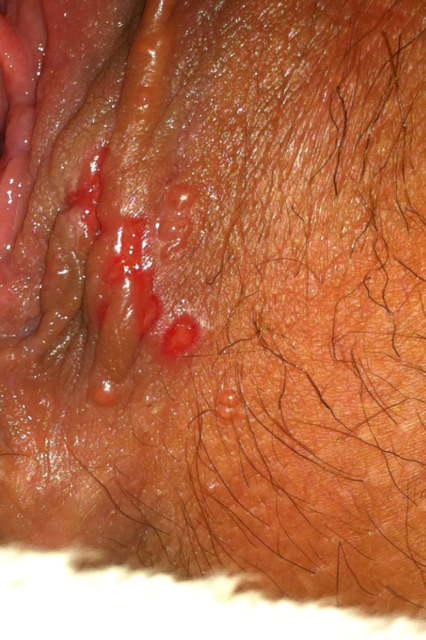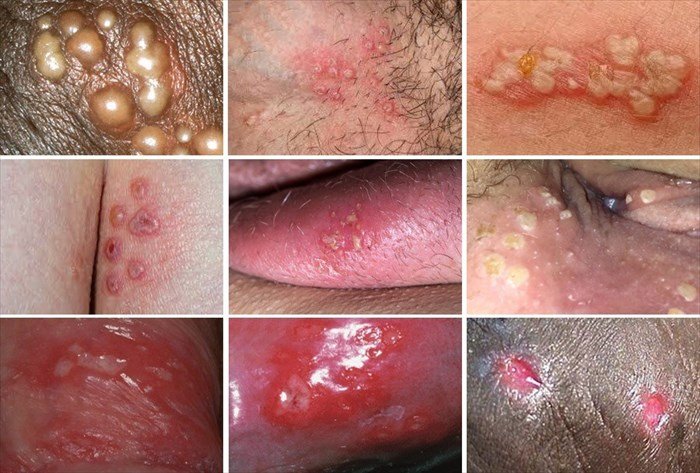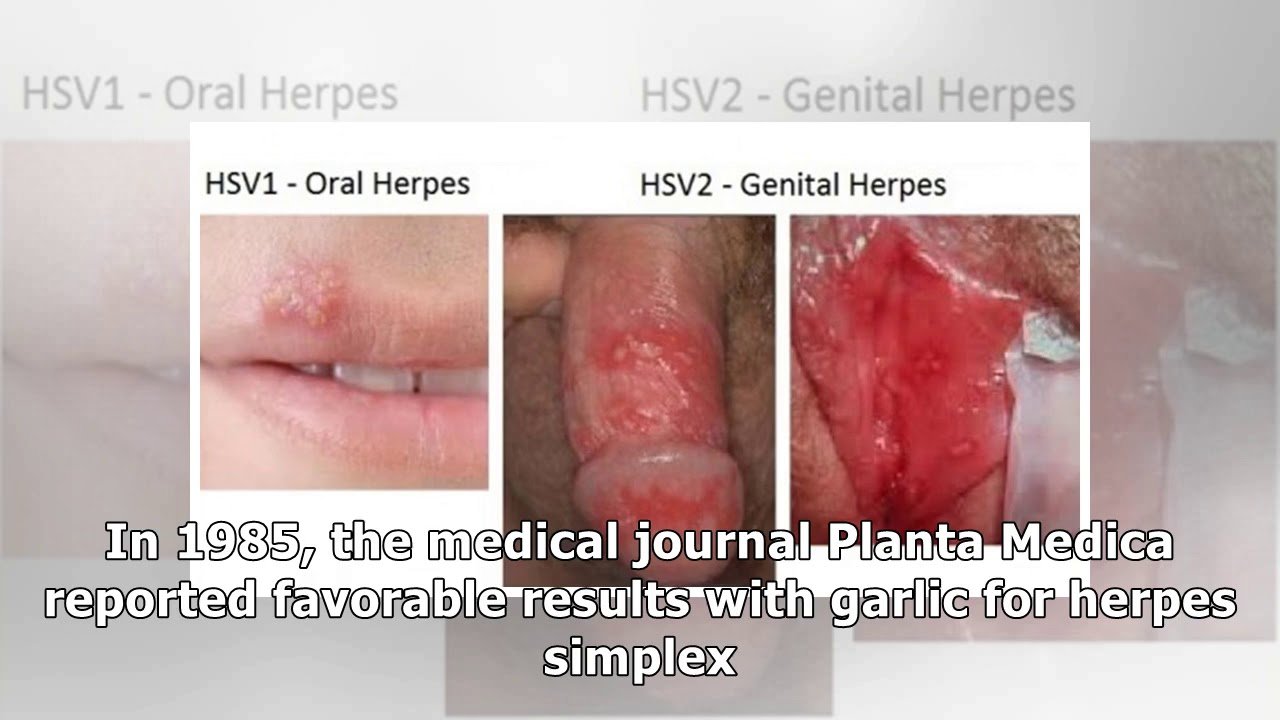Sexuality In Midlife And Beyond
The physical transformations the body undergoes with age have a major influence on sexuality. This Special Health Report, Sexuality in Midlife and Beyond, will take you through the stages of sexual response and explain how aging affects each. Youll also learn how chronic illnesses, common medications, and emotional issues can influence your sexual capabilities. Finally, youll find a detailed discussion of various medical treatments, counseling, and self-help techniques to address the most common types of sexual problems.
Get the latest in health news delivered to your inbox!
Thanks for visiting. Dont miss your FREE gift.
The Best Diets for Cognitive Fitness, is yours absolutely FREE when you sign up to receive Health Alerts from Harvard Medical School
Sign up to get tips for living a healthy lifestyle, with ways to fight inflammation and improve cognitive health, plus the latest advances in preventative medicine, diet and exercise, pain relief, blood pressure and cholesterol management, and more.
Health Alerts from Harvard Medical School
Get helpful tips and guidance for everything from fighting inflammation to finding the best diets for weight lossfrom exercises to build a stronger core to advice on treating cataracts. PLUS, the latest news on medical advances and breakthroughs from Harvard Medical School experts.
BONUS! Sign up now and get a FREE copy of theBest Diets for Cognitive Fitness
Stay on top of latest health news from Harvard Medical School.
Coping With Your Feelings
Finding out that you have genital herpes may cause you to have negative thoughts or feelings about yourself or about sex, such as:
- Feeling ashamed or embarrassed.
- Being afraid of the consequences of the infection.
- Being angry at the person who infected you.
- Feeling frustrated with treatment or recurrent outbreaks.
- Feeling scared to have sex.
A counselor or support groups for people with herpes may be helpful.
Recommended Reading: How To Know You Have Herpes
What Are The Symptoms Of Shingles
Usually, shingles develops only on one side of the body or face and in a small area rather than all over. The most common place for shingles is a band that goes around one side of your waistline.
Most people have some of the following shingles symptoms:
- Burning, tingling, or numbness of the skin
- Feeling sickchills, fever, upset stomach, or headache
- Fluid-filled blisters
- Skin that is sensitive to touch
- Mild itching to strong pain
Depending on where shingles develops, it could also cause symptoms like hiccups or even loss of vision.
For some people, the symptoms of shingles are mild. They might just have some itching. For others, shingles can cause intense pain that can be felt from the gentlest touch or breeze.
Don’t Miss: Does Herpes Ever Go Away
Treatment If The Blisters Come Back
Go to a GP or sexual health clinic if you have been diagnosed with genital herpes and need treatment for an outbreak.
Antiviral medicine may help shorten an outbreak by 1 or 2 days if you start taking it as soon as symptoms appear.
But outbreaks usually settle by themselves, so you may not need treatment.
Recurrent outbreaks are usually milder than the first episode of genital herpes.
Over time, outbreaks tend to happen less often and be less severe. Some people never have outbreaks.
Some people who have more than 6 outbreaks in a year may benefit from taking antiviral medicine for 6 to 12 months.
If you still have outbreaks of genital herpes during this time, you may be referred to a specialist.
How Long Does An Oral Herpes Outbreak Last

HSV-1, also known as oral herpes is very common and affects 2 out of 3 people globally. In many cases, the virus remains dormant and you may never even know you have it.
But when an outbreak does occur it is best to know the signs and symptoms right away so you can get tested, and get treatment.
Oral herpes outbreaks come in the form of cold sores.
There are several stages of HSV-1:
Stage 1: Prodrome HSV-1 comes in contact with your skin and lips, causing reddening and a tingling sensation. After 1-2 days, the affected area may feel irritated, itchy and painful.
Stage 2: Swelling and Inflammation The affected area becomes swollen, and inflamed
Stage 3: Formation of Blisters Red, white, or clear, fluid filled blisters and/or cold sores begin to form. They last about 2 days and appear in a cluster as a single sore that is painful or sensitive to the touch.
Stage 4: Ulceration After a day or two, the sores may burst, releasing fluid and becoming more painful. This generally subsides after about a day.
Stage 5: Scabbing or Crusting As the sores begin to heal there may be crust that develops over the burst blister and forms a scab. After 2-3 days, new skin begins to form.
Stage 6: Healing The scab that formed over the blister will start to heal. Do not peel the scab off until the wound is completely healed to avoid getting a scar.
While the stages of an oral herpes outbreak vary in time the process can take several weeks.
Also Check: Why Do I Get Herpes Outbreaks So Often
You May Like: What Foods Help Herpes Outbreaks
Does A Cold Sore On My Mouth Mean I Have Genital Herpes
No, a cold sore on your mouth usually means you have herpes simplex virus type 1 . You can get HSV-1 by kissing someone or sharing utensils, towels, razors, or lipstick with someone who has HSV-1.
HSV-1 cannot turn into HSV-2 , but you can get a cold sore on your mouth from HSV-2 if you give oral sex to someone with HSV-2. Cold sores caused by HSV-1 or HSV-2 are contagious. You can spread it to other people or other parts of your body if you touch an open sore and then touch another part of your body. That means if you have a cold sore and give oral sex to someone, that person will get the herpes virus on his or her genitals.
Avoid touching your cold sore as much as possible. If you touch your cold sore, wash your hands right away to avoid spreading the infection to other parts of your body or other people.
Who Might Get Herpes Simplex
People of any age can contract herpes simplex. You are more likely to get the virus if you:
- Were assigned female at birth.
- Have had multiple sex partners.
- Started having sex at a young age.
- Have a history of any sexually transmitted infection .
- Have a weakened immune system.
- Dont use condoms for intercourse and dental dams for oral sex.
Who gets HSV-1, commonly known as oral herpes?
Anyone can get HSV-1. Most people contract HSV-1 during childhood. It spreads when an adult who has the virus has close contact with a child, such as when a family member kisses a child.
Who gets HSV-2, commonly known as genital herpes?
Genital herpes affects sexually active teens and adults of all genders and races. It can spread if you have multiple sexual partners and dont use condoms or dental dams.
People assigned female at birth are more at risk. Delicate vaginal tissue can tear, making it easier for the infection to get in. Black people who were AFAB are especially vulnerable, with an estimated 1 in 2 people AFAB between the ages of 14 and 49 infected with HSV-2.
You May Like: How Long Does Herpes Virus Last Outside The Body
Types Of Tests Used To Diagnose Herpes
There are a number of tests used to diagnose herpes, depending on whether lesions are present.
- Symptomatic testing: Samples taken from lesions can be used to detect the virus with a viral culture or nucleic acid amplification test . Of the two, NAAT is more sensitive . A polymerase chain reaction test may be used if herpes is suspected as the cause of a systemic or central nervous system infection, such as encephalitis or meningitis.
- Asymptomatic testing: A blood test may be used to detect HSV antibodies. This is an option for people who had a previous outbreak or had recent exposure. Very recent herpes infections may not be detected. Retesting in a few months may be necessary for accurate results. Some blood tests can also specifically identify an HSV-1 or HSV-2 infection.
Due to the high rates of false-positives, screening for genital herpes in asymptomatic adults and adolescents is not recommended.
How Do You Treat Herpes
Theres no cure for herpes, but prescription medications can ease symptoms, end outbreaks sooner, and lower the chances of passing the virus to other people.
You can also help ease the pain caused by herpes outbreaks by taking a warm bath, wearing loose clothing and putting an ice pack on the sores.
You May Like: How To Prevent Herpes Flare Ups
Read Also: Home Remedies For Herpes Sores
What Causes Recurrent Herpes Outbreaks
Once a patient acquires a herpes virus, it stays in the body for life.
The immune system puts viruses into dormancy.
Many people get the herpes simplex virus and never experience an outbreak or symptoms.
Others will have an initial outbreak, but no recurrences.
Some people get more frequent herpes outbreaks.
HSV-1 or oral herpes causes an average of one recurring outbreak after the initial infection for between 20-50% of people who have the virus.
HSV-2 causes an average of four outbreaks in the first year for as many as 90% of people who have the virus.
Outbreaks of herpes simplex typically become less frequent, and less severe, the longer the virus is in the body.
People who have compromised immune systems may experience more frequent, or more severe, outbreaks.
How Long Do Sores From Herpes Simplex Last
If youre infected with HSV-1, commonly known as oral herpes, you may notice tingling or burning around your mouth in the days before a cold sore appears. These blisters break open and ooze fluid before forming a crust. Usually, sores last for seven to 10 days.
If youre infected with HSV-2, commonly known as genital herpes, your first outbreak may last between two to four weeks. Recurrent outbreaks usually last between three to seven days.
You May Like: How To Minimize Herpes Outbreaks
You May Like: Do Herpes Outbreaks Eventually Stop
How Long Does Your First Outbreak Of Herpes Last
k22967
I just got told i have herpes yesterday i have had symptoms since monday eve and even ended up in hospital been told i have a really bad urine infection. I feel so disgusting that i have this and just dont know what to think at the moment, i feel so stupid that i caught this. The worst thing is i am in so much pain and have been for about 5 days i have anti bs from the doctor i only got yesterday and i am no better at the mo it stings so much everything is so uncomfy i have tried salt baths..a gel that the doc gave that numbs down there when you wee and nothing is helping please tell me this doesnt last long.
9 likes, 229 replies
Whats The Typical Frequency Of Cold Sores

Theres no algorithm to predict the exact frequency of cold sore outbreaks. Many different factors influence the frequency and duration of herpes occurrences.
More than anything, cold sores develop in response to certain triggers. The herpes virus lies dormant and inactive within the nerve cells of your skin until one or more of these triggers disrupts its slumber:
Once a cold sore develops, it may last three to seven days before the sores scab over and heal.
Also Check: Is Doxycycline Used For Herpes
Recommended Reading: How To Make Herpes Dormant
What Are The Complications Of Genital Herpes
Genital herpes may cause painful genital ulcers that can be severe and persistent in persons with suppressed immune systems, such as HIV-infected persons. 5 Both HSV-1 and HSV-2 can also cause rare but serious complications such as aseptic meningitis . 5 Development of extragenital lesions may occur during the course of infection. 5
There are also potential complications for a pregnant woman and her newborn child. See How does herpes infection affect a pregnant woman and her baby? below for information about this.
Can A Herpes Outbreak Last Months Why Does My Herpes Never Go Away
Typically, herpes outbreak are resolved in 2 to 3 weeks, though sores may take up to 4 weeks to heal. In severe cases, such as for those who are immunocompromised, herpes may take months to completely disappear. It is important to not that herpes never truly goes away, as the virus remain dormant in your body even when outbreaks are not present.
Dont Miss: What Causes Genital Herpes Breakouts
Read Also: Do Std Tests Test For Herpes
Understanding Herpes With H Hunter Handsfield Md
Herpes expert H. Hunter Handsfield, MD, explains the basics about genital herpes, including the difference between genital HSV-1 and HSV-2 infection, testing options and the importance of knowing virus type, and the three-prong strategy for prevention. See more herpes videos at sexualhealthTV.com.
Have a question about herpes youd like Dr. Handsfield or our other experts to answer? Visit our Ask the Experts page to learn how.
Initial Outbreak Of Genital Herpes
A person’s first outbreak of HSV-2 tends to last longer than subsequent outbreaks. Some people develop an outbreak quickly after contracting the herpes virus, while others don’t have symptoms that appear for several months or even years. Some lucky people never develop symptoms at all.
The initial episode of genital herpes also tends to be more painful than future outbreaks. Many people develop flu-like symptoms during their initial outbreak. These can include headache, fever, body aches, swollen lymph nodes and tiredness.
The first outbreak of HSV-2 can last between two and four weeks.
Recommended Reading: What Is The Best Topical Treatment For Genital Herpes
Is There A Cure For Herpes Simplex
There is no cure for herpes simplex. Once you have the virus, its a lifelong infection.
What is the outlook for people with herpes simplex?
For many people, the first herpes outbreak is the most severe. Many outbreaks are less frequent and milder after the first year of infection. Some people may have only one outbreak and never have another again.
Herpes infection doesnt usually pose a serious health risk. The risk of a health complication due to herpes is higher in infants and if you have HIV/AIDS, cancer or an organ transplant.
What Triggers A Herpes Outbreak
As we mentioned, following you first herpes infection, the virus lies dormant in your nerves. Your immune system usually keeps it at bay.
But your immune system can only deal with so much at once. That means if you have dormant herpes and your immune system needs to fend off another virus or bacteria, it may get distracted, allowing herpes to crop up. Thats why cold sores are called cold sores or fever blistersthey typically appear when you catch another bug .
Different types of stress can also trigger outbreaks. Psychological stress, especially the stress caused by extreme emotional upset, can lead to an outbreak .
Things that cause physical stress can also contribute. Sunlight is a common trigger of oral herpes outbreaks, while friction from tight clothing or sex, and even hormone changes associated with menstruation, are common triggers of genital herpes outbreaks .
Speak to a healthcare provider about your options and which treatments might be effective for preventing or shortening your outbreaks.
Recommended Reading: What Do You Do For Herpes
How To Get Treatment For Herpes Online
The quickest way to get rid of a herpes outbreak is to take a prescription-strength anti-viral medication, such as Valacyclovir. This medication is not sold over the counter, and you need a prescription from a doctor to get it.
Thankfully, our partners at PlushCare provide access to online doctors that can write you a prescription in as little as 15 minutes, if this medication is right for you. The board-certified physicians at PlushCare can diagnose and treat your condition all from the comfort of your home.
Click here to make an appointment with a PlushCare doctor.
Should You Get The Shingles Vaccine

The shingles vaccine is safe and easy, and it may keep you from getting shingles and PHN. Healthy adults age 50 and older should get vaccinated with a shingles vaccine called Shingrix, which is given in two doses. Zostavax, a previous shingles vaccine, is no longer available in the United States.
You should try to get the second dose of Shingrix between two and six months after you get the first dose. If your doctor or pharmacist is out of Shingrix, you can use the Vaccine Finder to help find other providers who have Shingrix. You can also contact pharmacies in your area and ask to be put on a waiting list for Shingrix. If itâs been more than six months since you got the first dose, you should get the second dose as soon as possible. You donât need to get a first dose again.
You should get Shingrix even if you have already had shingles, received Zostavax, or dont remember having had chickenpox. However, you should not get a vaccine if you have a fever or illness, have a weakened immune system, or have had an allergic reaction to Shingrix. Check with your doctor if you are not sure what to do.
You can get the shingles vaccine at your doctors office and at some pharmacies. Medicare Part D and private health insurance plans may cover some or all of the cost. Check with Medicare or your health plan to find out if it is covered.
Also Check: How Do I Know If I Have Herpes Type 2